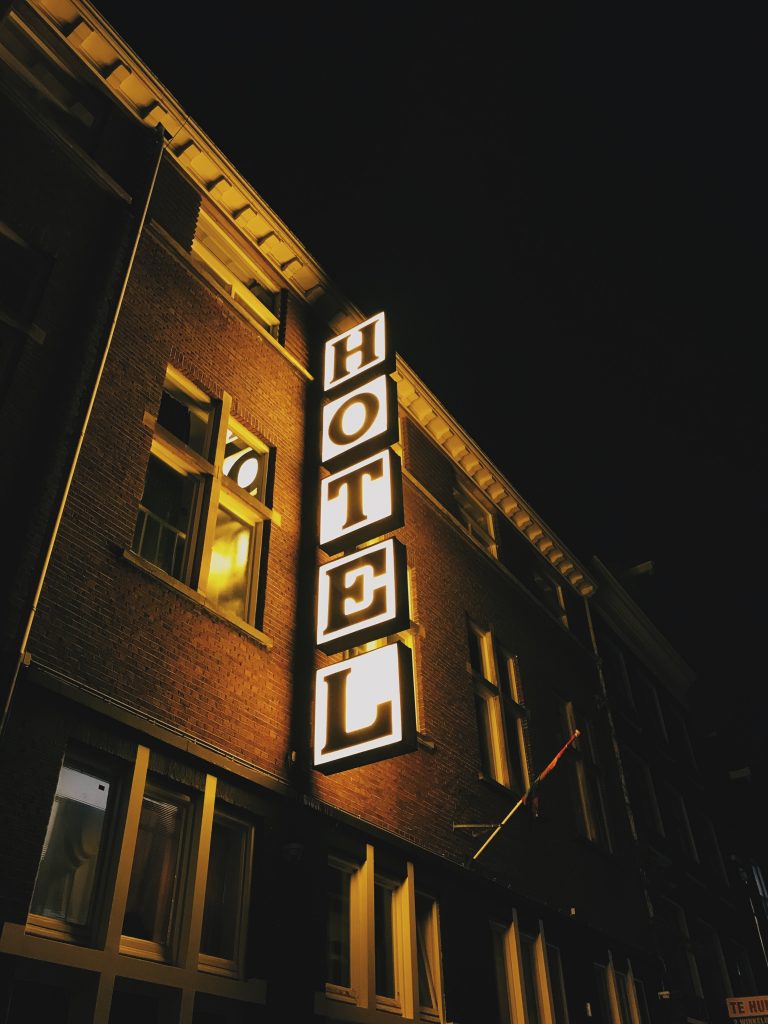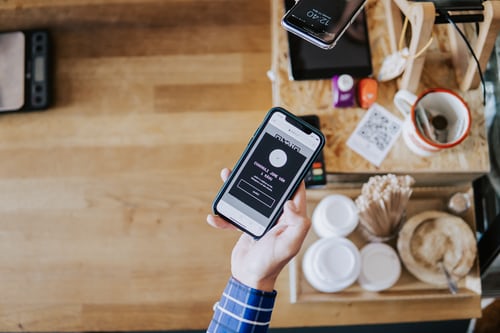In recent decades, OTAs or Online Travel Agencies have consolidated their position in the online travel industry. OTA brands such as Expedia, Booking.com, MakeMyTrip and AirBnB have provided a regular supply of hotel room bookings to the global hospitality industry. However, on the flip side, rising OTA bookings have had an adverse impact on hotel revenues and profitability with dwindling returns on direct hotel bookings. Hotels are now paying a hefty commission of 25-30% to OTAs to retain the same customers.
The reverberations of this impact can be felt across countries. As a result, the U.S. hospitality industry’s net room revenue has reduced from 84.9% for 2015 to 83.5% in 2018. In the current scenario, OTAs have complete control over the guest data, which comprises valuable insights into where the guests are traveling from or to, their average travel budget, and their preferences.
To battle this out, hotels by far need to adapt to newer ways to eliminate the OTA’s middle-man role and reduce the dependency on third parties. Can proven tools in Customer Relationship Management (CRM) enable hotels to wrest back the advantage from OTAs? How can CRM benefit hotels? Let’s discuss that in the following section.
5 Benefits of CRM for the Hospitality Industry
Here’s how a CRM tool can benefit your hotel brand :
- Increase your repeat bookings: While OTA-driven bookings can influence customer satisfaction and repeat stays, direct channels offer the best opportunities for repeat bookings. A good CRM system captures the preferences, likes and dislikes of the guest and identifies why the guests are booking the property repeatedly. By identifying these factors, we can personalize their stay for the maximum guest delight. An effective CRM solution is crucial to analyze your customer actions and their future travel plans. You can deploy CRM tools to measure the increase in repeat customers, along with the generated hotel revenues for each booking. On average, hotels implementing CRM should improve their RevPAR (revenue per available room) by 2-5[3] % only from repeat bookings in the first year.
- Improve your guest experience: As a hotel manager, you are in the business of providing exceptional guest experience during the stay. Despite this, many hotels ignore the complete customer lifecycle – the factors behind hotel and room selection, why they are traveling (business or casual), or their travel budget. In other words, there is truly little interaction between the customer and hotel in between the stays, which makes it challenging for you to measure guest satisfaction – during their stay – except reading customer reviews on OTA portals. CRM solutions can help bridge this gap by gauging the guest experience and even identifying flaws. A good CRM system will send out surveys and collect feedback from the guest before they exit the property. This way, you are top of your guest’s expectations and you can update your offerings accordingly.
- Increase customer loyalty: Traditional reward-based customer loyalty programs fail in the first two years, while others generate negative sentiments on social media platforms. CRM can be used to improve these traditional loyalty programs and also replace them with a much more effective program that can boost customer loyalty. Using smartphone apps and online portals, CRM tools can capture your customers’ experience and improve their loyalty towards your brand. A good CRM system implements automated segmentation by analysing your existing customers. Also it will allow you to use these automated segments and custom segments of customer data and send targeted marketing campaigns.
- Create a personalized experience: Personalized marketing can build lifelong relationships between your hotel and your customers. An example of this is through personalized email marketing that caters to your customer’s specific needs and behavior. In most cases, email marketing campaigns are not as successful as they are too generic and fail to address customer needs. CRM tools can help you connect with customers on a personal level by understanding their online journey. Using CRM, you can capture valuable guest data during the stay – example, specific check-in requests, particular room preferences, preferred food or beverage, or even guest complaints – and use them in your future personalized marketing.
- Improve your customer support: With the rapid growth of the global travel industry, social media channels offer a plethora of the customer’s travel and hotel experience – both positive and negative. This makes proactive customer support such a necessity in the hospitality industry. CRM solutions enable you to anticipate customer problems and solve them proactively even before they happen. With easy access to guest data, your customer service agents can provide informed answers to their queries – before or after checkout. CRM tools can capture the overall customer sentiment about your brand and analyze customer requirements.
With the right CRM tool, hotel brands can collect valuable guest data and gain useful insights into their travel preferences, buying patterns, and other needs. Hotels big or small can increase direct bookings by engaging with customers using CRM data.






About The Author: Suma Prabhu
More posts by Suma Prabhu